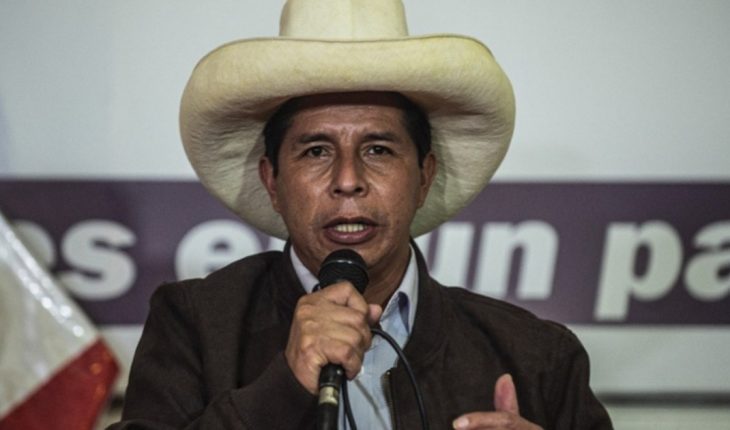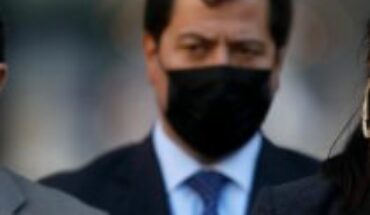After assuming functions as president of Peru on July 28, Pedro Castillo begins a new week of Government attentive to whether or not the Congress of the Republic accepts a request to potentially remove him as president. The winner of among 18 electoral alternatives, corroborated in a very short time how difficult it is to govern the Andean country and after traveling just over 4 months surviving as head of state, this week the legislature could end its presidential term. The data that accounts for this kind of survival has to do with the fact that either because they had to resign or were dismissed, the Cabinet of Peru had until the 110th day of management a total of 10 changes in its 18 ministers, an average of one change of minister every eleven days.
If it is difficult for portfolio holders to continue in office, the equation is not very different in the case of the presidents of Peru. From 1990 to date, all the presidents of Peru are imprisoned, fugitives, dead or convicted. Alberto Fujimori under house arrest; Alejandro Toledo with an arrest and extradition order; Alan Garcia was investigated and ended up committing suicide; Ollanta Humala first arrested, currently accused of several acts of corruption; Pedro Kuczynski disqualified from leaving the country and Martín Vizcarra, disqualified from exercising public office for 10 years and with several trials to come. In this context, both conjunctural and structural, what is about to happen or could happen to Castillo does not seem an anomaly, far from it. Remember that in Peru there is a legal figure that lends itself to quite lax interpretations, which is vacancy due to moral incapacity. That is, parliamentarians can dismiss a president for considering him improper from office, something that happened with former President Vizcarra, accused of corruption and for which 87 of the 130 votes of the legislature are needed.
In this case, the idea was initially promoted by three opposition parties. Specifically, the spaces of Fuerza Popular (FP), Avanza País and Renovación Popular, which with a total of 43 of 130 congressmen, easily exceeded the 26 signatures necessary to put the issue on the agenda. The step that now continues has to do with the task of getting the 52 votes so that the process is enabled and if so, it is voted on in Congress. This is what will happen tomorrow with two alternatives. The first, that those minimum 52 votes are not reached, something that could happen but that in the medium term would not offer any type of stability to the president. The second option is to get the 52 votes and set a date for the dismissal of Castillo to be voted. For this to happen, a total of 87 of the 130 supports in the legislature will be needed. Since the initial presentation of the request, at least since the declarative, there has been an increase in the votes of the parliamentarians which was registered after the prosecutor, Zoraida Ávalos, decided to summon the president of Peru for December 14, the date on which he must give testimony about the scandal of the military promotions. Specifically, the accusation has to do with the alleged “influence peddling in ascents in the Armed Forces”, something condemned in the document supported by 29 congressmen that will be voted on tomorrow, we will have to see if by then, Castillo is still president.





